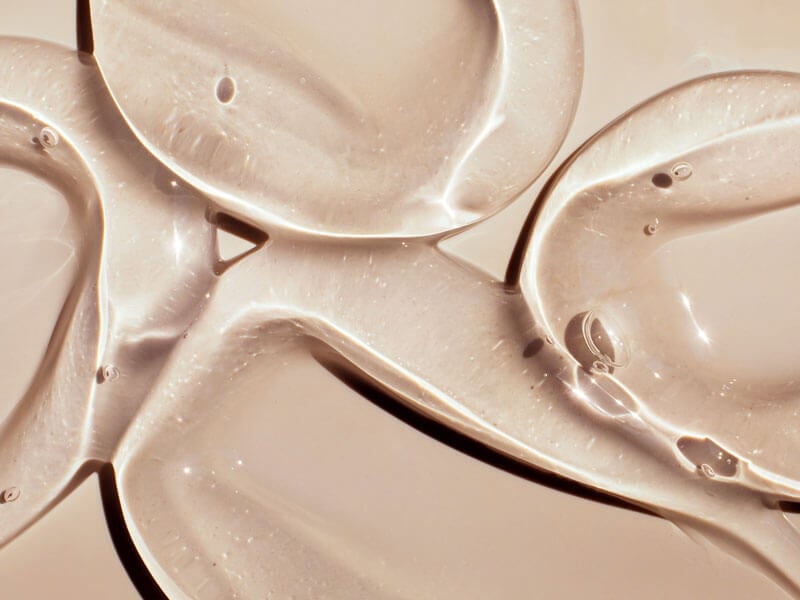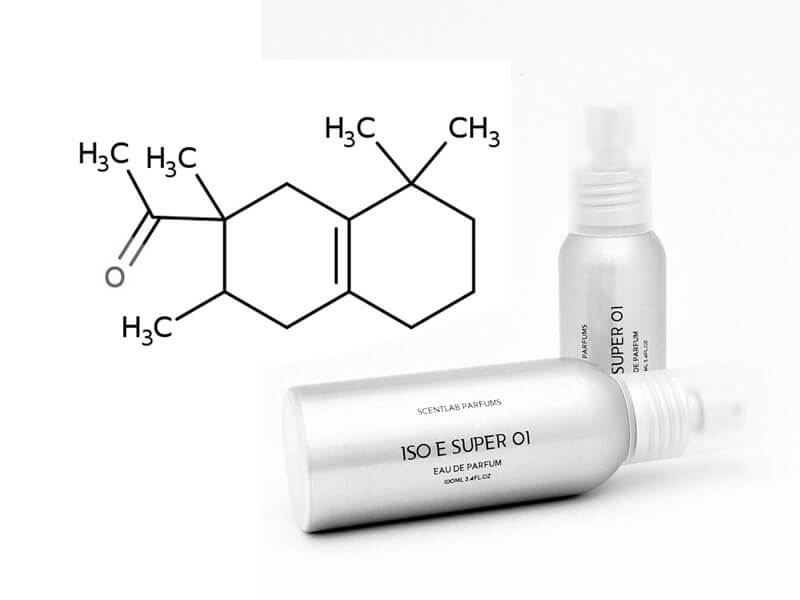One frequent and intriguing question that occupies every perfume enthusiast’s mind is "Is it true that if one cannot smell a fragrance on oneself, it either doesn't align with one's chemistry or it complements it perfectly?" This query which refers to skin chemistry has been echoed by numerous sales clerks with varying interpretations.
Many people might recognize these sentiments: "This scent doesn't harmonize with my personal chemistry" or "That fragrance suits your chemistry well," and even, "This perfume is my favorite because it blends seamlessly with my chemistry." The term "skin chemistry" is frequently tossed around in discussions about scent among consumers, sellers, acquaintances, friends, and online contacts. It almost seems as though everyone carries around a kit of test tubes and bubbling concoctions! Of course, this is not literally the case, but perhaps there is a more subtle truth to this idea.
What Exactly Is Skin Chemistry?
The concept of personal chemistry or skin chemistry suggests that an individual's unique scent—akin to a fingerprint, shaped by factors like health, hormones, and diet—interacts significantly with a fragrance, transforming it into something unique. The term also diplomatically implies a preference to avoid fragrances that others might recommend or wear, which can be a polite form of rejection. This leads to misunderstandings, often as much as when someone attributes their dislike of a fragrance to allergies rather than a personal aversion.
Despite the appealing notion that a fragrance can uniquely belong to an individual because of how it interacts with their skin, this idea is largely a marketing myth with potentially misleading implications. This narrative is purposefully used, so an explanation is due.
The Question of Dubious Politics
In the early 20th century, as modern perfumery began to flourish thanks to advancements in organic chemistry, political ideologies based on gender, race, and ethnicity also emerged, eventually leading to the atrocities of World War II. Some pioneer perfume houses categorized their fragrances by hair color, based on the belief that natural hair color indicated other physical traits.
However, this categorization dangerously borders on racial and ethnic distinctions since it is a short leap from hair and skin type to assumptions about a person's ethnicity.
The Issue of Social Stratification
Historically, social classes were often distinguished by scent, as noted by George Orwell who mentioned that the lower classes were perceived as having a distinct smell. This perception has evolved, and today, fragrances branded as "clean" are favored in an effort to eschew the odors associated with rural or manual labor. This shift can be seen as part of a broader attempt to ascend socially and escape stereotypes associated with certain smells.
Could the modern interpretation of skin chemistry be a subtle form of social demarcation, a way of saying, "Your scent does not fit the elite fragrances"? This notion is ironic considering some iconic feminine fragrances’ observations about the uncleanliness of society women, highlighting the disparities between appearances and reality.
The Angle of Clever Marketing
The marketing strategy behind personal chemistry was brilliantly employed in many cases of study to maintain their exclusivity post-mass popularization. This strategy, talking about one specific icon, aimed to personalize the fragrance, suggesting that the fragrance transformed to become uniquely the wearer's scent.
Does Skin Chemistry Truly Exist?
Most contemporary perfumes, especially those not based entirely on natural ingredients, smell remarkably similar to different people. This universality is why certain fragrances are immediately recognizable in public. However, individual skin characteristics do influence how a fragrance is retained, but this has more to do with physical properties than chemistry. Aging skin may hold perfume longer, and similarly, oily skin, often more porous, tends to retain scents more effectively.
In conclusion, while the concept of skin chemistry in perfumery is compelling, it often leans more toward physical interactions rather than mystical chemical bonds. This understanding should prompt everyone to reconsider how casually the term is used in discussions about fragrances. The fascination with personal chemistry seems to be rooted more in physics than in the complex and enigmatic world of chemistry.





